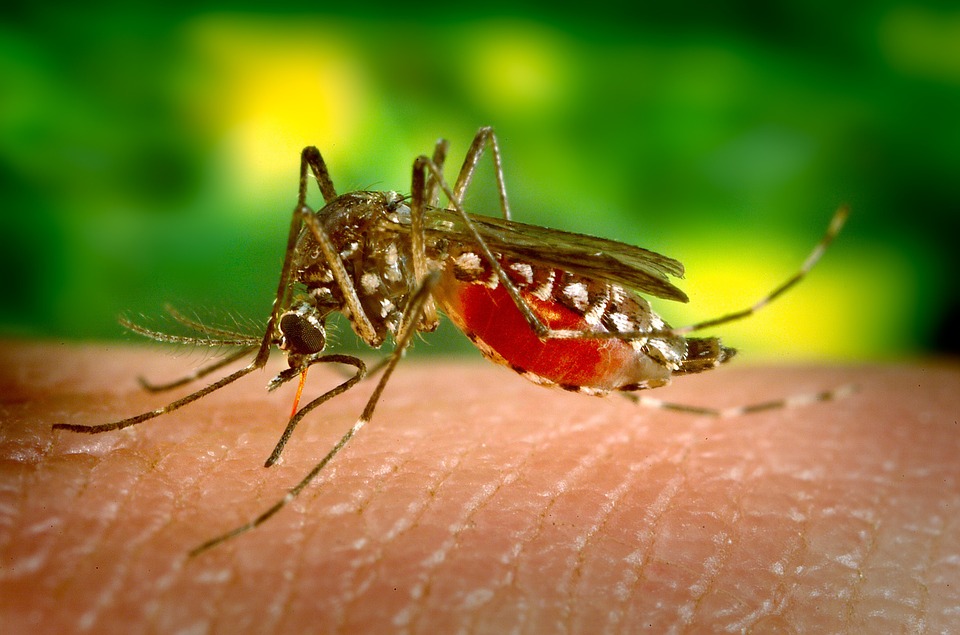Community
West Nile Virus detected in southeastern Massachusetts according to Massachusetts Department of Public Health

The Town of Dighton reports that the Massachusetts Department of Public Health announced today that West Nile Virus has been detected in mosquitoes collected from Dighton.
WNV is most commonly transmitted to humans by the bite of a mosquito infected with the virus. The mosquitoes that carry this virus are common throughout the state and are found in urban as well as more rural areas.
While the virus can infect people of all ages, people over the age of 50 are at a higher risk for severe infection. Although there have been no human cases of WNV detected in Massachusetts this year, it is important for residents to be aware and take precautions.
“It’s important that residents use proper safety precautions to protect themselves and others against mosquitoes and mosquito bites, especially now that mosquito samples from Dighton have tested positive for West Nile Virus,” Town Administrator Michael Mullen said.
Here are some suggestions courtesy of Massachusetts Department of Public Health:
To Avoid Mosquito Bites
Apply Insect Repellent When Outdoors. Use a repellent with an EPA-registered ingredient (DEET (N, N-diethyl-m-toluamide), permethrin, picaridin (KBR 3023), oil of lemon eucalyptus [p-methane 3, 8-diol (PMD)] or IR3535) according to the product label instructions. DEET products should not be used on infants under two months of age and should be used in concentrations of 30 percent or less on older children. Oil of lemon eucalyptus should not be used on children under three years of age.
Be Aware of Peak Mosquito Hours. The hours from dusk to dawn are peak biting times for many mosquitoes. Consider rescheduling outdoor activities that occur during evening or early morning in areas of high risk.
Wear Appropriate Clothing to Help Reduce Mosquito Bites. Wearing long sleeves, long pants and socks when outdoors will help keep mosquitoes away from your skin.
Mosquito-Proof Your Home
Drain Standing Water. Mosquitoes lay eggs in standing water. Limit the number of places around your home for mosquitoes to breed by either draining or discarding items that hold water. Check rain gutters and drains. Empty unused flowerpots and wading pools and change the water in birdbaths frequently.
Install or Repair Screens. Keep mosquitoes outside by having tightly-fitting screens on all windows and doors.
Protect Your Animals
Animal owners should reduce potential mosquito breeding sites on their property by eliminating standing water from containers such as buckets, tires, and wading pools – especially after heavy rains. Water troughs provide excellent mosquito breeding habitats and should be flushed out at least once a week during the summer months to reduce mosquitoes near paddock areas. Horse owners should keep horses in indoor stalls at night to reduce their risk of exposure to mosquitoes. Owners should also speak with their veterinarian about mosquito repellents approved for use in animals and vaccinations to prevent WNV and Eastern Equine Encephalitis (EEE). If an animal is suspected of having WNV or EEE, owners are required to report this to the Department of Agricultural Resources, Division of Animal Health by calling 617-626-1795, and to the Department of Public Health by calling 617-983-6800.







You must be logged in to post a comment Login